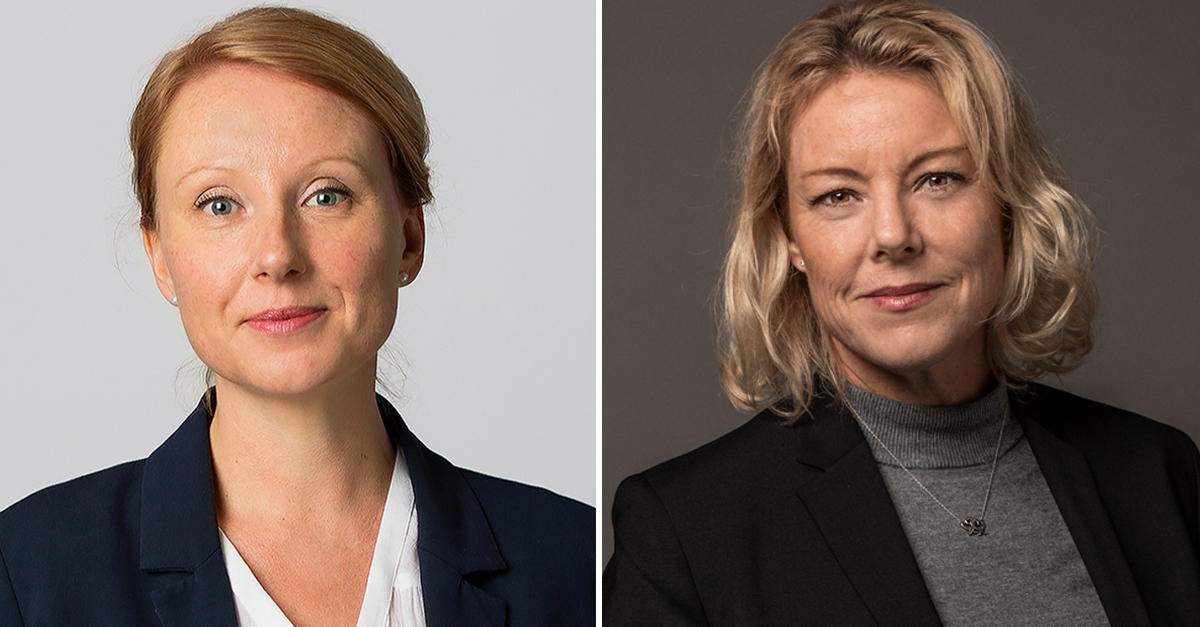Nollvision Cancer and Lif have released a follow-up report to the report published in 2021 on the state of the work on implementing precision medicine in Sweden. It shows that there is a positive development, but there are still a number of obstacles.
One of the biggest challenges is access to health data. In order for precision medicine to be fully used in healthcare, it is necessary to facilitate the secondary use of data collected from patients, whether for patient treatment or for research and development.
Access to health data is one of the biggest challenges
– The fact that precision medicine is now being introduced into healthcare provides completely new opportunities to offer more advanced diagnostics that allow individually tailored decisions about which treatment to use, says Frida Lundmark, precision medicine expert at LEIF.
But access to and use of health data is crucial. In Sweden today, we face challenges in accessing available data and being able to use it to develop new diagnostics and new innovative medicines.
There are, for example, significant legal hurdles and a lack of digital infrastructure to make it available.
At the same time, the report shows that patients themselves are becoming increasingly positive about sharing health data.
Genetic testing is still inadequate
Genetic testing also remains insufficient, although it has increased since 2020. Although genetic sequencing is now available in all university hospitals and in some regional hospitals, the potential is not fully exploited for all patients in the healthcare system who would benefit from it. .
Lack of skills is another challenge
Another challenge is the lack of skills. Proficiency in computer science, bioinformatics, and biostatistics, among others, is needed now and in the future so that precision medicine can be used effectively.
There is a need for increased cooperation
Ebba Hallershu-Holt, co-founder and president of Nollvision Cancer, says that many of the challenges identified can be addressed through increased collaboration:
– Long-term and sustainable strategic cooperation must be established between all relevant actors so that the whole of Sweden can implement precision medicine on a large scale: universities, regions, authorities, companies and patient representatives. Even project-based initiatives must have a long-term perspective and continuity for safe sustainable structures.
A positive development for precision medicine
The report also shows that there has been positive development since 2020, including:
- Precision medicine centers have been established in a number of regions, and more are in the pipeline.
- A number of initiatives are being implemented by the government and regions to facilitate the secondary use of health data.
- Genome sequencing has been implemented in healthcare.
- Digitization in diagnosis has increased, among other things, through tools based on artificial intelligence.
Sweden has high ambitions. The Government’s Life Sciences Strategy states that we must be an international leader in introducing precision medicine. LEAF and Nolvision Cancer hope the report will be a useful contribution to ongoing work.
Report “Precision Medicine Situation Analysis – Challenges and Opportunities for Effective Implementation.”
Precision Medicine Situation Analysis was originally developed by Arthur D Little on behalf of Roche as part of the Nollvision Cancer Partnership.
Download the report summary (pdf)
Download the full report (pdf)
The report will be presented in a live launch webinar on 17/11 at 13.00-14.00
Follow the live broadcast here.

“Extreme tv maven. Beer fanatic. Friendly bacon fan. Communicator. Wannabe travel expert.”









More Stories
Why Rare Earth Metals for Electric Cars Are Crucial for Modern Mobility
“We want to promote critical rules approach”
“A lot happened during the trip,” Jönköping County Council